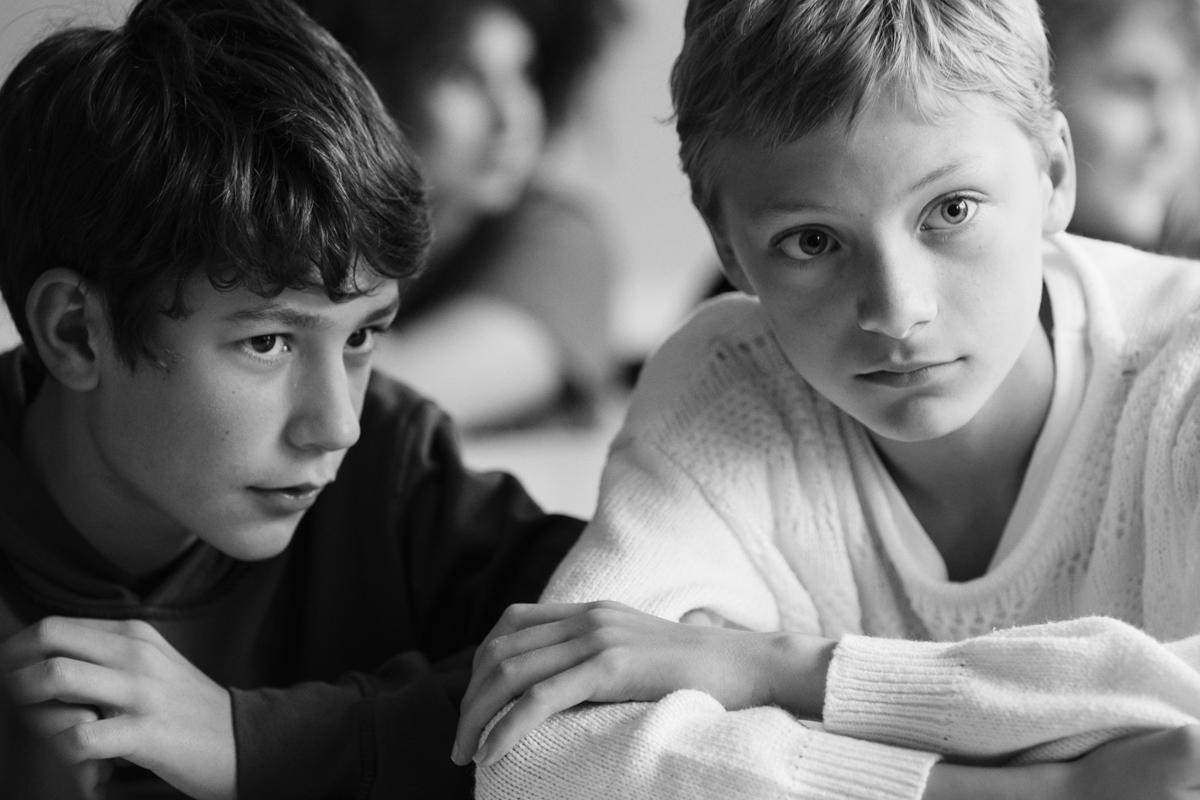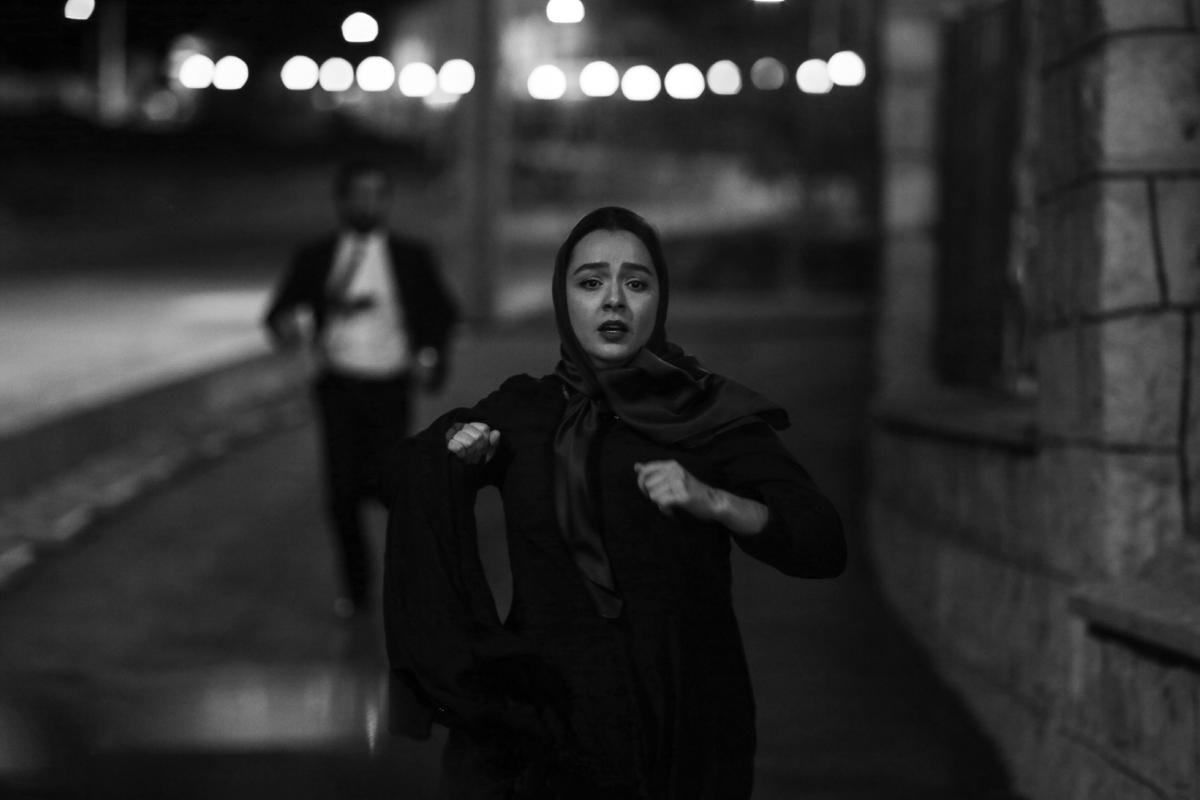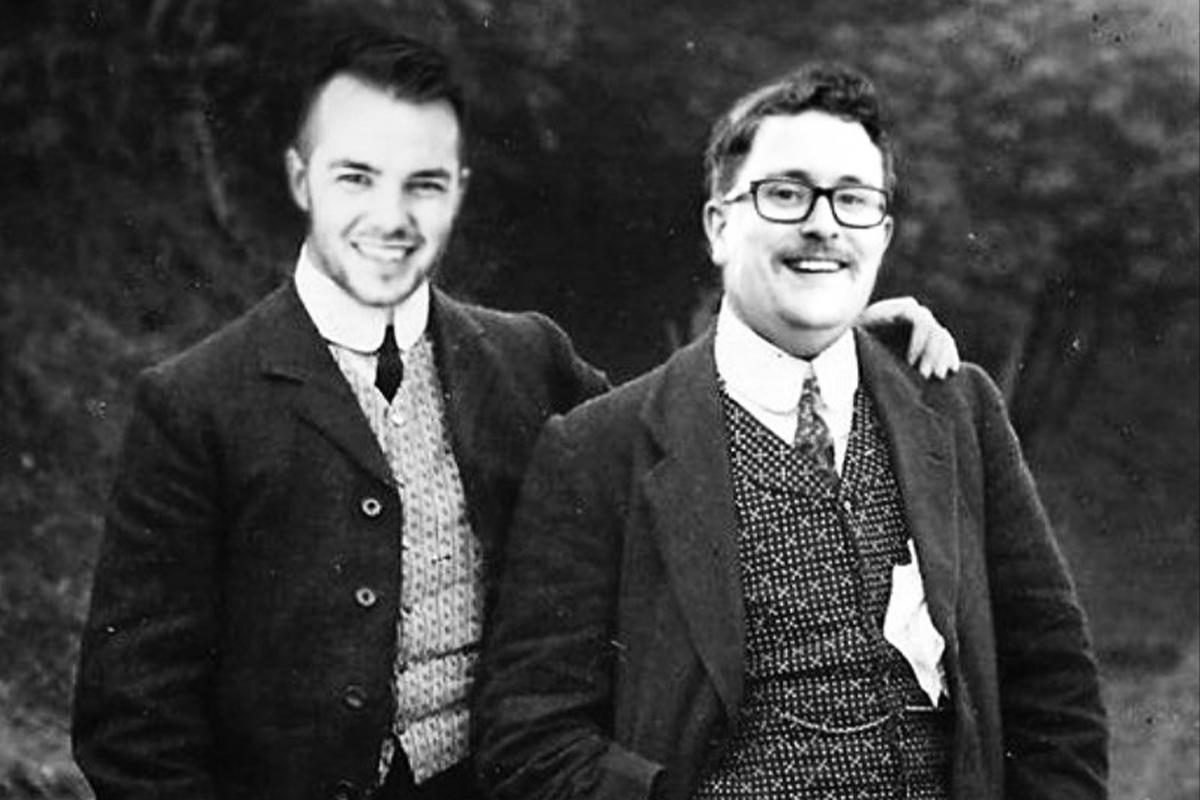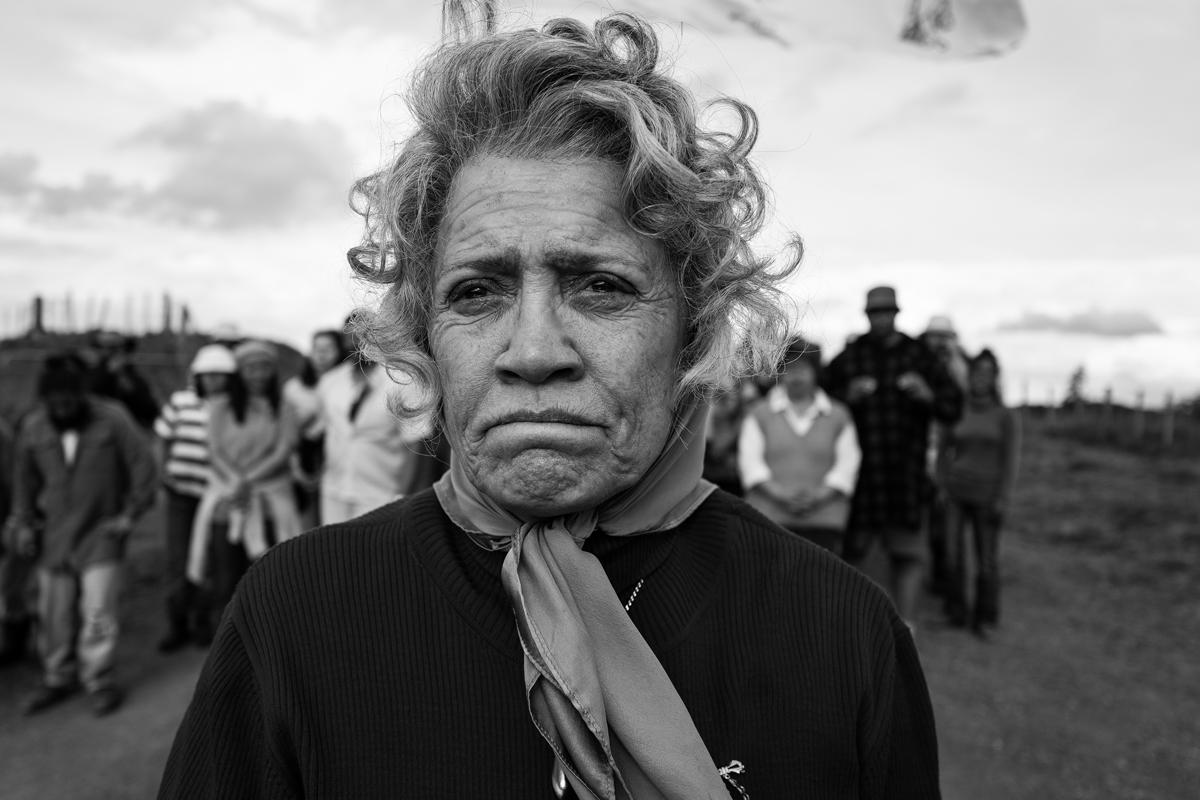
Directed by Lukas Dhont
Starring Eden Dambrine, Gustav de Waele
French (with English subtitles)
105 mins
Palace Nova Prospect Cinemas, Saturday 29th October, 5.30pm
Adelaide Film Festival
Buy Tickets
In Lukas Dhont’s aptly titled Close, everything about it is tactile; the friendship between Leo (Eden Dambrine) and Remi (Gustav de Waele), the handling of flowers, brotherly connection, parental comfort, all drawing us emotionally close as we experience the omnipresence and dynamism of grief from a slow build-up of losses. This dance of closeness, and cleverly closure, begins playfully, with a secretive look into their make-believe, putting an instant smile on my face. The ease of play is demonstrated in an achingly natural dynamic between the young boys. We observe an intimacy between them, and intergenerationally as they intertwine limbs, banter and flop over their respective parents, the physical affection, palpable.
The Belgian drama holds a seemingly singular narrative, and then transitions into two realities, leaking into multiple lived experiences. The use of a bilingual screenplay (French and occasionally Dutch) is perhaps in reference to the journey of these two worlds of Remi and Leo; similar and near to each other, but ultimately different. The plot stays close to the characters’ response to an event that pulls the depths of intimacy and culpability into question.
Dambrine introduces us to Leo with longing looks of adoration for Remi. Throughout the course of Close, we continue to study him observing the world as he expertly portrays the painfully familiar territory of adapting to shifting inter-relational dynamics and new worlds, the most prominent being high school. As he navigates rumours of sexuality, his blushing says enough. De Waele is equally lovable as Remi, his innocence highlighted in contrast to the verbose adolescence in their new school setting. The normalcy of their connection with each other is challenged and through Dhont and Angelo Tijssens’ easeful screenplay, we are invited into a world that holds both familiarity and awkwardness. Their combined discomfort and eagerness to belong thrusts the viewer back into that lens of insecurity and this relentless watching of ‘other’ to determine one’s own behaviour, highlighting us as creatures of observation, ultimately for survival.
The impenetrable force of peer pressure is present through both Dambrine and de Waele’s agile performances as we witness the growing silent anxiety between them, mostly through their once soft and loving gazes, now looks heavy with insecurity and confusion. In this way, they embody their emotionality to captivate the audience; their faces are books and we are eagerly reading what’s to come. We are left with the painful unreliability of even best friends being able to hold loyalty and connection. This is viscerally clear in their play/tackle scene that features how energies can merge and oppose; in a minute movement, everything is changed.
Frank van den Eeden’s cinematography is faultless. The storytelling is both intimate and expansive as we move from faces to fields. Our understanding is determined by where the camera leads us, what it chooses to reveal. Van den Eeden’s commitment to showing us the listener rather than the speaker, the response rather than the telling, is ultimately what engages and immerses the audience to empathise and reflect.
The interplay of internal and external worlds, both the said and greatly unspoken, have an all-encompassing impact on the plot and our response to it; it makes me simultaneously quiet and want to debrief what’s surfacing immediately. This desire to release my own perceptions of the film is reflective of how enveloping Close is, implosive, even. There are countless shots of quiet beauty; paired sleepers under light shards, scenes of pause to lean into presence, internal turmoil reflected in the pummeling cycle of the dahlia flower farm; exposing the necessary destruction and decay that is imitated in our psyche. The juxtaposition of the ice hockey aggression speaks to us of Leo’s new independence and bonds, and jolts us into understanding that their friendship isn’t all-encompassing, after all.
Valentin Hadjadj’s pensive score flows in and out of the narrative, providing a thread through Remi’s concert and the wider storyline. Equally, the use of quietness offers an important balance to reflect upon the fall of connection.
Through Leo and Remi’s closeness, we are invited to sit with reverence and witness the depth of love and dizzying heartbreak. A resounding ache took up residence in my chest throughout Close, opening me up to feelings I haven’t experienced within a cinematic space before. It has easily secured itself as one of the most outstanding films I’ve seen to date. This portrait of connection stays, it is both touching and excruciating as it contemplates the anguish that is reserved for friendship and shows us that sometimes only in looking back, can we move forward.






Leave a Reply